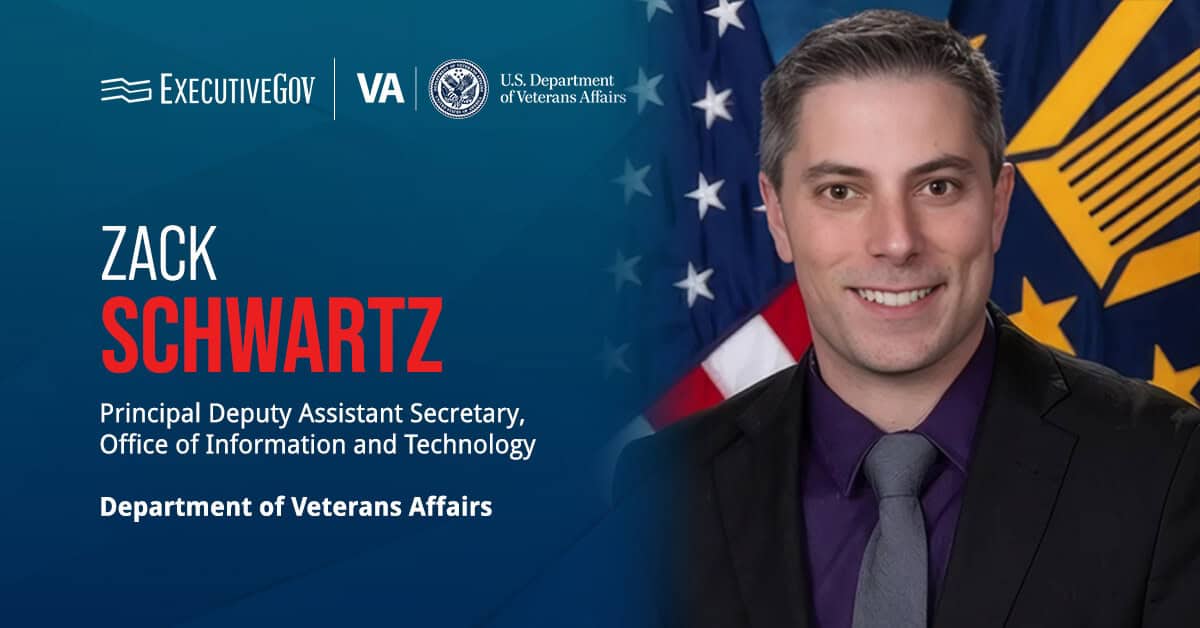
Mark Beall, chief of strategic engagement and policy at the Department of Defense’s Joint Artificial Intelligence Center, said DoD needs to work with industry to advance the use of AI, C4ISRNET reported Monday.Â
“AI is not necessarily of core prominence in our organization, so, as a result, we need to begin to look externally to industry to teach us how to use this technology and use it responsibly,†Beall said Wednesday at the AI World Government Conference. He explained the Pentagon’s decision to start with an AI strategy and the need for the department to change its culture by treating data as a strategic asset.Â
“In this rush to adopt AI, obviously as you guys know, it’s not just AI,” Beall said at the event. “There’s this cultural change that has to happen and I think that kind of revolves in the first instance around the way we treat our data.â€





